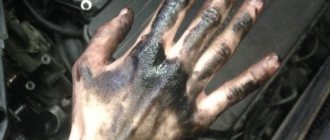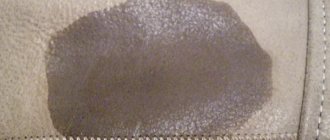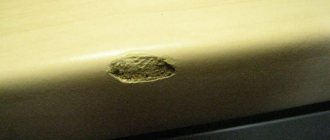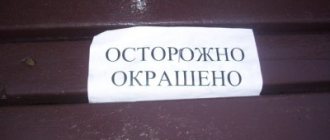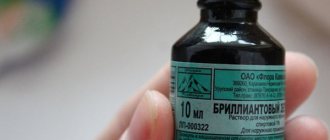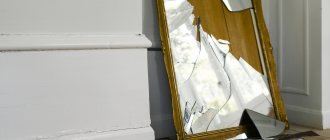It is a chemical reaction with glass. Glass is very chemically resistant, but it is afraid of silicate glue - sodium silicate. Of these chemicals, I only know hydrofluoric acid, but the chemistry there is completely different.
So never glue anything to glass with silicate glue. Although it will hold.
It’s unlikely with concrete, although I’m not a chemist. But it will probably react with sand from concrete - remember what glass is made from.
How to clean frying pans and heavily soiled pots? Modern detergents are good for everyone, but they are difficult to cope with a thick layer of carbon deposits on pans and pots. You will have to sweat a lot until you clean it to a shine. But there is a good old, but unfortunately almost forgotten way to do this without chemicals. Liquid glass is a practically harmless composition; its scope of application is quite wide. It is especially used in construction, as an additive to cement mortars. Such a solution is suitable for plaster; concrete with such a filling takes on good water-resistant qualities, which are so necessary when installing floors, when repairing wells, or even when priming in damp rooms. So, as before, he has no equal in cleaning dishes. Liquid glass for heavily soiled surfaces of dishes is used as follows:
The best way is boiling. The process is certainly long, but it is worth it. To do this, you need to take a large, wide pan or metal tank. Pour at least ten liters of water into it, add one liter of liquid glass to it. Place the tank on the fire and let it boil.
Klimenty › Blog › Nanoceramics from AliExpress. Eliminating the consequences
All in all, a very unusual story.

